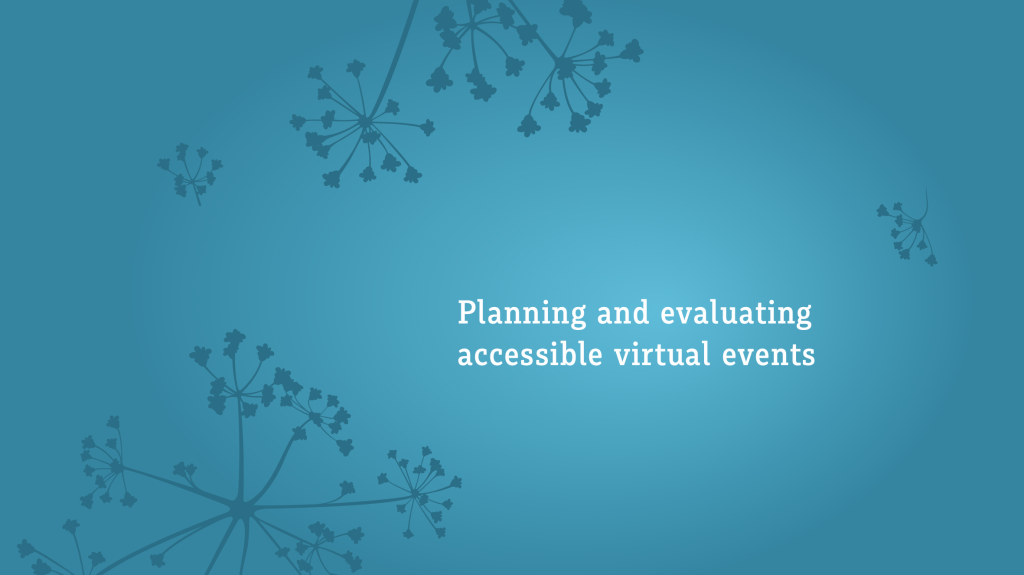This post was authored by CSCCE’s Director of Community, Alycia Crall.
The CSCCE relies on a number of communication platforms to support programming in our community of practice. One of the primary platforms we have adopted is Zoom, and we currently have two Zoom accounts. One that is used for external programming, training, and events. The second is used internally for staff meetings and other communications.
Background on changes to Zoom
In August 2023, Zoom updated their terms of service that suggested they could use meeting audio, video, chat, screen sharing, and other content to train their Artificial Intelligence (AI) model. At CSCCE, we value making our programming accessible in a range of ways AND we want our learners and community members to feel comfortable speaking freely without any concerns for their privacy. Due to privacy concerns, closed captioning was activated on a case by case basis as we examined how our team and community of practice might be impacted by these changes.
Continue reading “An update about how we’re using Zoom at CSCCE”

